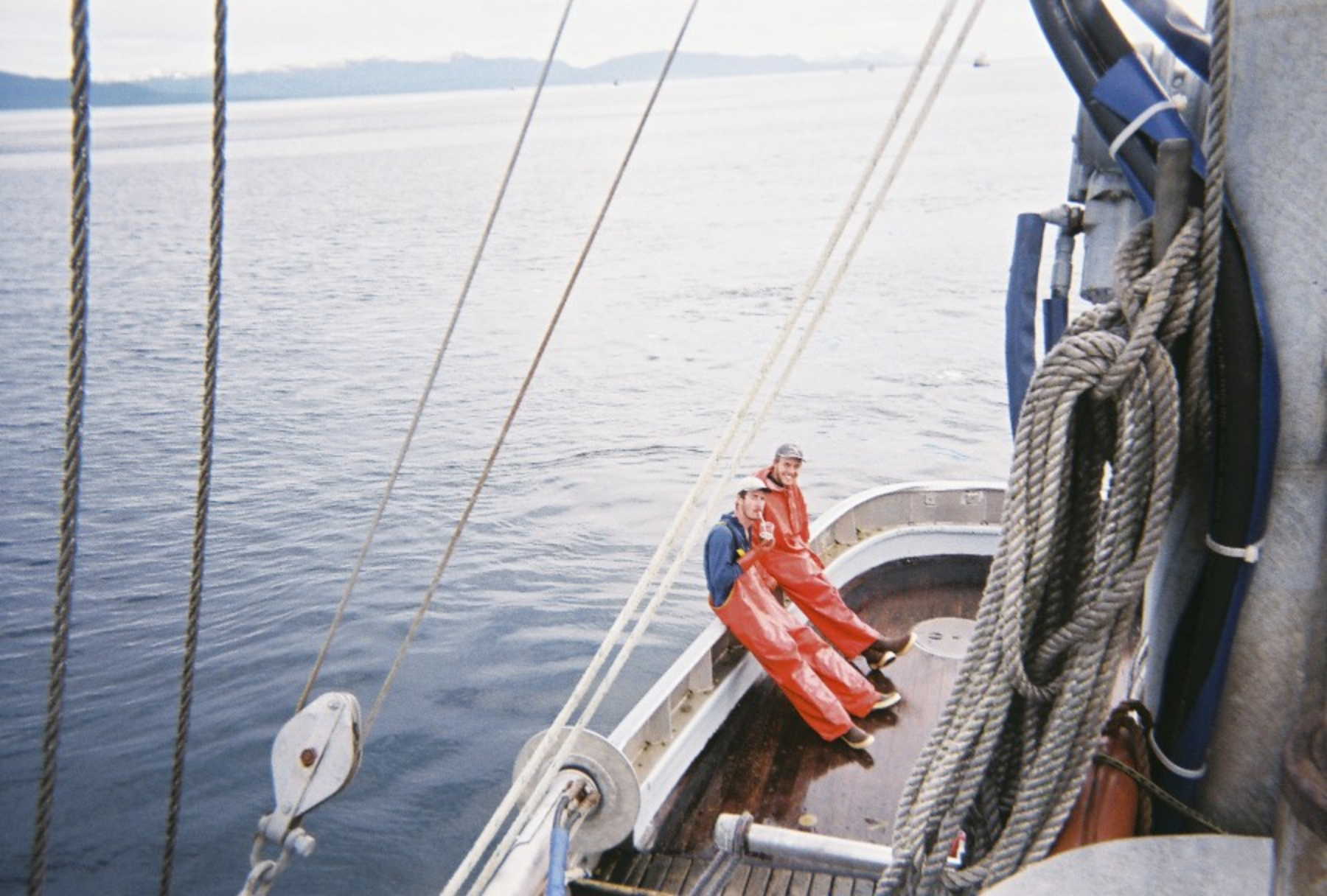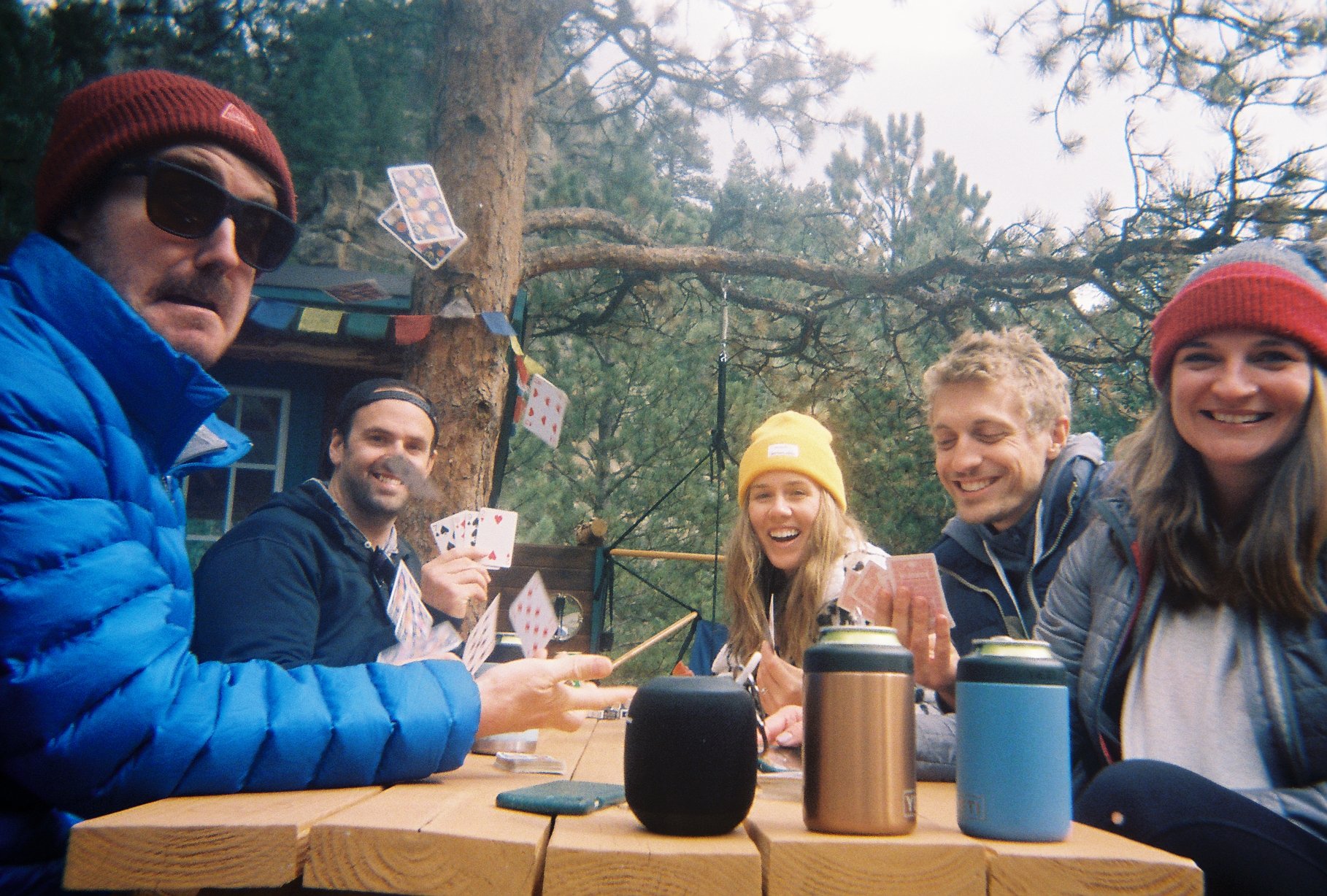In 2021 I changed industries from big tech, to recycling. That shouldn’t surprise you because it matches my passion for sustainability. In my time at this job, I’ve been able to peak behind the curtain of the recycling industry and have made three key insights for you to use: Compost, Avoid Small Plastics, and Keep It Loose.
This is written to help you gain confidence as a consumer who recycles. Articles tend to surface from time to time referencing recycling as a “myth” and they paint a picture of a completely useless system. I work in such a system every day and while it isn’t perfect*, it’s far from useless. I’d like to share what I’ve learned for your benefit. The point of this is not to look down on anyone for their buying habits because the truth is, buying some things will just make your life easier and occasionally that means single use items. What this post will do is hopefully guide your buying and recycling decisions going forward.
Rule #1: Compost
It’s really easy, just do it
If you don’t already employ a green bin or have some smelly hot pile in the backyard, yesterday is the time to start. Even if you’re in an apartment there are plenty of small local outfits that will collect weekly for you. In Denver it’s becoming a standard service but before that, I paid an extra $8 per month for a giant green compost bin that gets emptied weekly.
A relative recently asked me, “Mac, your’e so smart and handsome, tell me, what’s the point of throwing food waste in the compost? If I throw it in the trash, it won’t make a difference, will it?” I don’t know what the first line had to do with this but it’s a fair question. The point is anything you throw in the trash will increase its carbon footprint because it’s headed to the hot stinky landfill that’s a literal hotbed for greenhouse gas production. Food waste thrown in the compost will be broken down (sure it’s hot) but in a way that regenerates our food supply by creating fresh soil for farmers and modest gardeners like yourself. It’s so useful that many cities and states are moving toward food scrap mandates.
One little known fact is that most compost collectors accept fiber, AKA paper products. If your fiber product is clean (not soiled, oily, etc) then it should be recycled, but things like used pizza boxes, paper napkins, coffee filters etc. can be composted. It’s amazing how little trash we make since adding composting to our lives.
A whole wide world opens up once you add composting to your life, feels like this.
Rule #2: Avoid small plastics
It’ll fall through the cracks
The entire waste industry speaks in terms of mass. Bales of material are weighed and sold by the pound or ton. This incentivizes those who are sorting your recycling to grab the big fish before the small. The sorting of recycling is the entire issue with the industry, we combine all types into one big bin and it’s difficult to sort it while maintaining the proper throughput – therefore it pains me to say: not everything you recycle is actually recycled.
Standard reactions to hearing that not everything you put in the bin will get recycled. Acceptable reaction.
It's easy to feel hopeless or shocked when faced with that reality, but aside from producers needing to do better, we can too. Just avoid single use plastic wherever you can, and in those totally reasonable scenarios when you need to purchase something in plastic (which literally happens every day, don’t beat yourself up), just avoid the small stuff because odds are, that won’t get sorted like the big stuff.
And duh, wash it off if there’s food residue on it, if you care a little for the poor sorter down the line who gets your recyclables, you’ll clean it off a bit. It can be up to a week before they get their hands on it and by then, the BBQ sauce or ranch has really had time to fester, and it stinks and is gross. Don’t be gross. If people only recycled clean materials, these recovery facilities wouldn’t stink but let me tell you firsthand, they do. Aside from the stench argument, soiled (or food ridden) materials are deprioritized and considered lower grade, so the economic incentive gets lowered with soiled recyclables.
Rule #3: Keep it loose
Plastic Bags are the devil
Keep your recyclables loose, but your playing cards well-contained.
This may not be news to you, but some folks put their recycling in plastic garbage bags and then take the bag to the bin once it’s full. That defeats the purpose and is likely to cause damage to the facility attempting to sort it. A lot of the machinery used in these facilities are very supsceptible to failing when plastic bags get into the system. Think of gum in a grandfather clock, it wraps around stuff and eventually they stop turning.
So keep it loose, I like to just fill a paper bag and empty the contents into my bin or fill a reusable grocery bag. A hard plastic bin works too, if you’re rinsing your recyclables then it shouldn’t get too mucky in there.
If you haven’t realized already, plastic bags are NOT recyclable. Rule of thumb: if it’s flimsy, put it in the trash, if it retains shape then it can be recycled. So avoid those bags at all costs. Sometimes we end up with them in our house, they get the job they deserve, cat poop collection.
That’s it. I hope you learned something and if not, gold star, the recyclers in your area love you and are making a profit from your great work!
If you want to learn more about what you can do, hit me up or check out your local recycling website. Also, if you’re curious, the new gig I have is at AMP Robotics, it’s by far the most fulfilling job I’ve ever had.
*In my work at AMP, our mission is to create a world without waste by introducing new technology that helps the sortation process. It’s cool!



